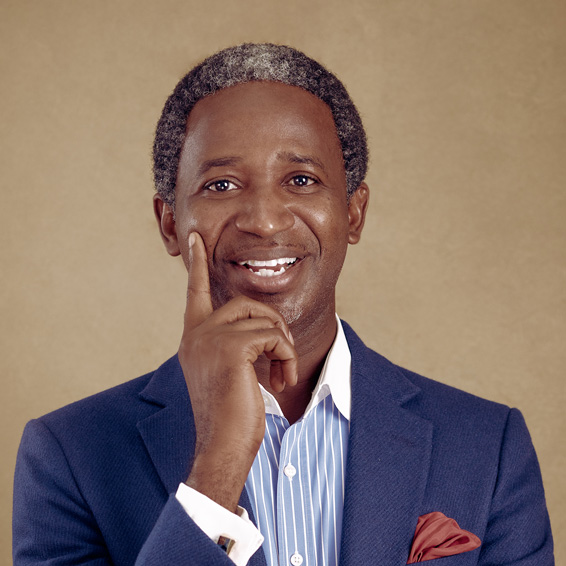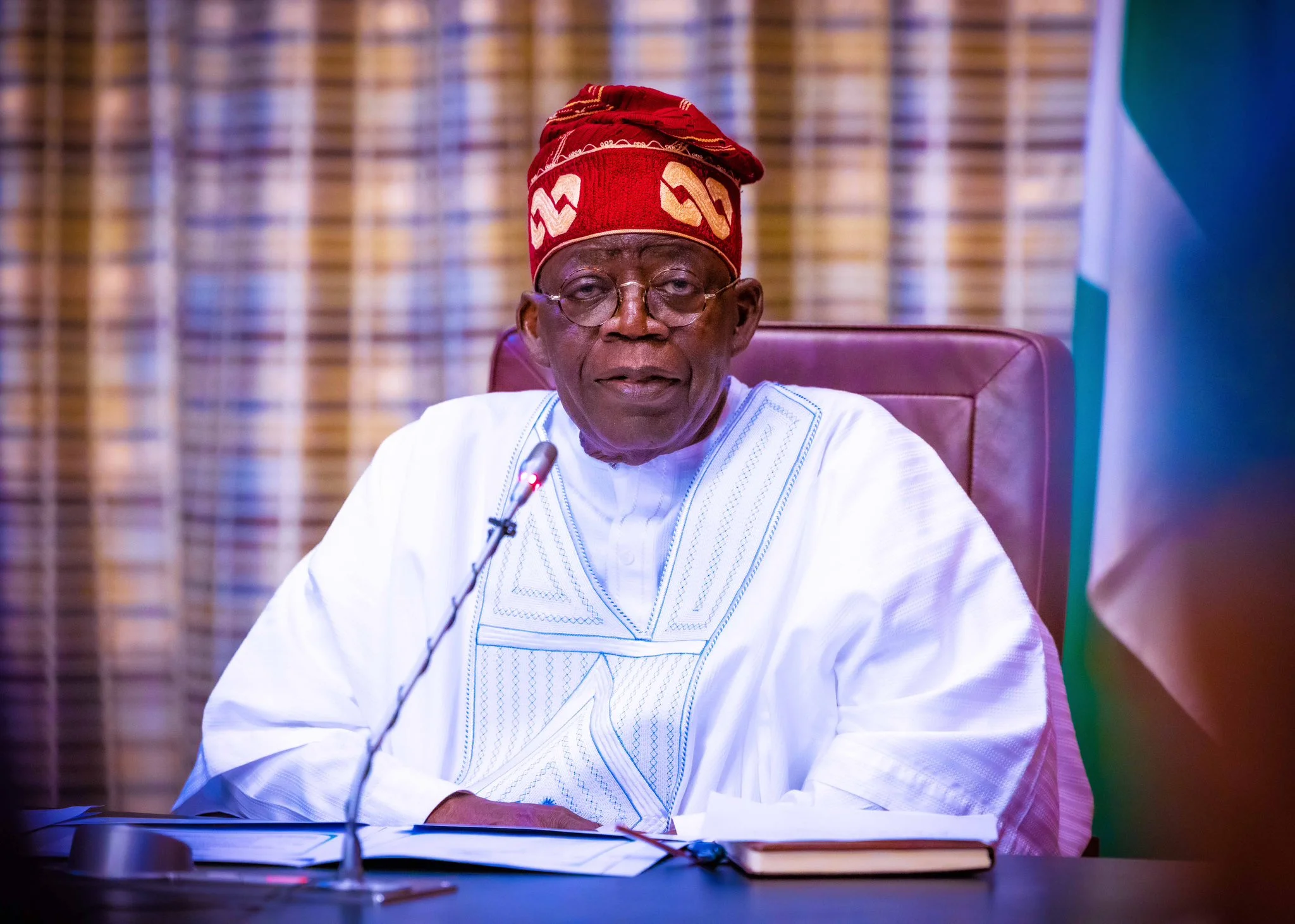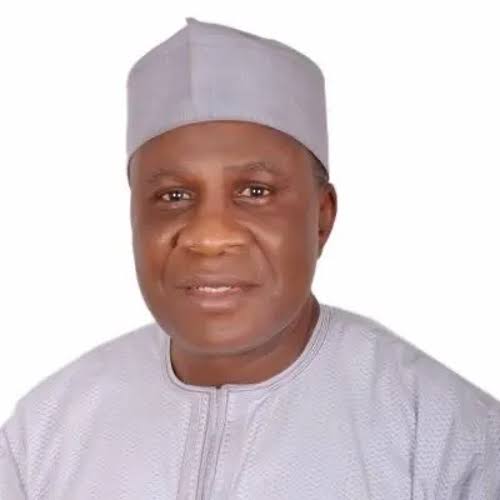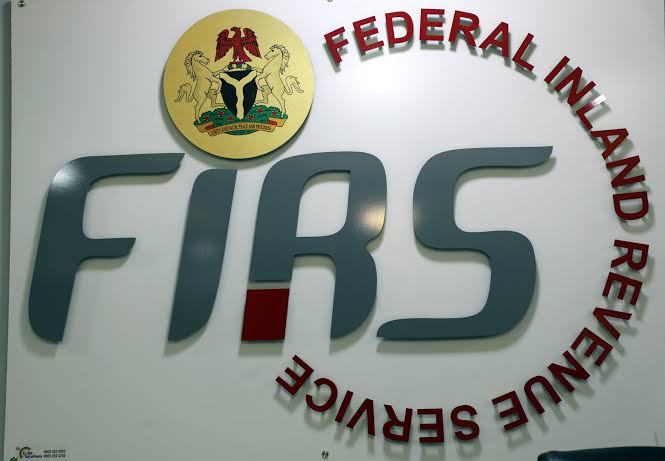By Ayomide Otitoju
Oyene highlighted the failure of legislators to fulfil their constitutional responsibilities, citing their focus on self-enrichment. “Legislators were preoccupied with determining their salary scales, fringe benefits, and unnecessary foreign travels,” he stated. This lack of financial discipline, according to Oyeneyin has led Nigeria to rely heavily on both internal and external borrowing to fund government projects.
He criticized the corrupt and inept leadership of recent years, which he believes has contributed to societal immorality and impropriety. Oyeneyin shared a personal anecdote about three individuals who attempted to capture his government for personal gain, emphasizing the systemic issues that prevent equitable distribution of resources. “The national bread can never be enough because the bread itself is not enough to share,” he remarked, pointing out the flaws in a system that does not allow for a free market economy.
Oyene advocated for a true free market economy that ensures freedom, competition, and the exchange of goods and services without undue government interference. He illustrated his point with the high cost of cement in Nigeria, arguing that a free market would lower prices and make housing more affordable.
Discussing the principles of democracy, Kola Oyeneyin Emphasised that it must deliver equity and justice to be considered true democracy. He cited examples from history, comparing Ghana’s focus on formal education with Taiwan’s emphasis on technological and vocational training. Taiwan’s strategic decision has resulted in significant economic growth, particularly in the semiconductor industry, whereas Ghana has lagged.
Kola Oyeneyin stressed that a nation’s success is defined by what it produces, noting that Nigeria’s over-reliance on crude oil, much of which is stolen, hinders its economic growth. He pointed out that the Nigerian National Petroleum Corporation (NNPC) has a poor track record of profitability compared to Saudi Aramco, despite both dealing in oil.
Reflecting on 25 years of democracy in Nigeria, Kola Oyeneyin lamented the lack of progress and the increase in poverty. He called for new ideas and pragmatic steps to improve the nation’s economic situation. He highlighted the potential of Nigeria’s creative economy, which includes industries like film, fashion, and music, to significantly boost GDP.
Oyene urged the government to create an enabling environment for the creative sector by improving data, technology, and financial systems. He also called for a tax system that supports, rather than stifles, growth. “Taxation is not a pathway to prosperity. Don’t charge the people to death. Let the poor thrive,” he said. In conclusion, Oyeneyin called for a concerted effort to promote Nigerian culture and content globally and for responsible leadership to bargain for development rather than personal gain. “I present to you the new economy of Nigeria,” he declared, envisioning a future where the nation’s potential is fully realized.
Copyright TRUSTAFRICA NEWS.
All rights reserved. This material, and other digital content on this website, may not be reproduced, published, broadcast, rewritten or redistributed in whole or in part without prior express written permission from TRUSTAFRICA NEWS.






